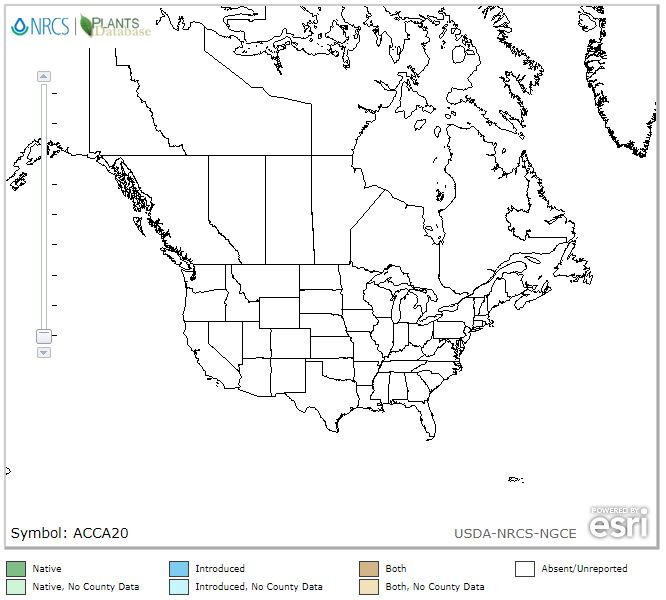Ligusticum, Gǎo Běn, 藳本, Rhizoma Ligustici
Disclaimer For educational purposes only. Do not use as medical advice
Space Space
Space USA: Ligusticum sinense Oliv. USDA Zones: Native: Habitats: Herbal medicine may interact negatively with pharma drugs and other herbs. Examples below: Herbs: Pharma Drugs:
Health Benefits
For: Vertex headaches • Lower back pain • Cold • Flu • Mild fever • Chills
Attributes:
Products (online examples)
Space
Space
Research (sample)
Articles:
Constituents:
Bergapten • Vanillin • Scopoletin • Essential oils
Photos (Click to enlarge)
Fun Facts
Other Names: Ligusticum, Chinese lovage root
Plant Family: Apiaceae Or Umbelliferae
Pharmacopeias: Shen Nong Ben Cao Jing
Species
Growth
TBD
TBD
Ligusticum sinense Oliv. is not in the USDA Plant Database. Drill down via USDA Interactive Map:
Category: Release Exterior Wind Cold
English: Ligusticum Pinyin: Gao Ben Pharmaceutical: Rhizoma Ligustici
Organs: Bladder Temperature: Warm
Taste: Pungent Toxicity:
Patterns: Damp cold • All wind disorders
Actions: Relieve vertex headaches • Ease lower back pain • Dispel Cold • Release exterior • Dry Dampness
Indications: Vertex headache • Lower back pain • Common cold • Mild fever • Severe chills • Warmth feels good • Aversion to cold • Headache • Gynecological swelling/masses • Toothache • Abdominal pain
Contraindications: Headaches from blood deficiency • Heat symptoms • Headaches from liver yang rising • Yin deficiency • Not for long term use
Typical Dosage: 3g to 9g; Max dosage of 20g Guidelines
Parts Used: Root
Other: Best for vertex headaches • Ascending in nature • Very drying
Combine With
Purpose
Formulas with Gao Ben
Alert
Be cautions with all medicine.
Potential Drug Interactions
Information in this post came from many sources, including class notes, practitioners, websites, webinars, books, magazines, and editor's personal experience. While the original source often came from historical Chinese texts, variations may result from the numerous English translations. Always consult a doctor prior to using these drugs. The information here is strictly for educational purposes.



0 Comments